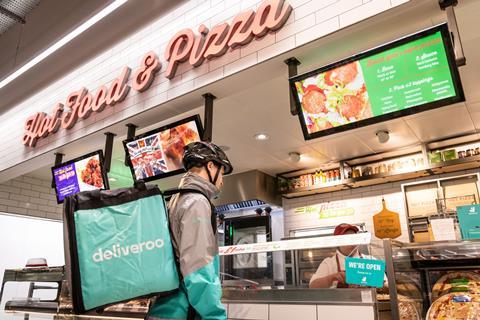
The flotation of Deliveroo on Wednesday will value the company at £7.6bn after concerns over workers’ rights and volatile stock markets chipped more than £1bn off the top-end valuation (The Guardian). Deliveroo has set the final price for its initial public offering at £3.90 a share, the bottom of its initial range and valuing the food delivery company at £1.3bn less than the top end of its original expectations (The Financial Times £). The final figure, equivalent to 390p per share, is at the bottom end of the food delivery firm’s previous pricing range following an investor backlash over staff working conditions (The Daily Mail).
Stock market sentiment towards the tech sector will be tested today when conditional trading kicks off in Deliveroo at a bottom-of-the-range valuation of £7.6bn. (The Times £)
Compare and contrast, writes The Mail. Two high-profile floats in London: one a takeaway food business, shunned by several big investors because of its reliance on gig economy riders, the other an Oxford University spinout run by super-brains in lab coats. The cultural gulf could not be wider between Deliveroo and Oxford Nanopore, the biotech business that yesterday announced plans to list in London. (The Daily Mail)
Older shoppers have gained the confidence to return to supermarkets since the coronavirus vaccine rollout, sending online food sales down over the past four weeks (The Times £). Over-65s are leading the way back to the supermarket aisles as the largely-vaccinated generation grows more confident about shopping in physical stores again (Sky News).
Britons have spent nearly £50m more on Easter treats such as chocolate eggs and hot-cross buns so far this year as the easing of lockdown restrictions leads to households splashing out on treats before long-awaited reunions with friends and family (The Guardian). Consumers have been splashing out ahead of Easter as people prepare for weekend celebrations amid eased lockdown restrictions (The BBC).
The tobacco industry is facing a £40m annual bill to clean up discarded cigarette butts as part of a government drive to protect the environment (The Times £). The world’s biggest tobacco companies are fuming after being blindsided by ministers over plans to make them pay tens of millions of pounds to pick up cigarette butts (The Telegraph).
Irn-Bru manufacturer AG Barr has seen its revenues and profits slump following the coronavirus pandemic’s harmful impact on the hospitality sector. (The Daily Mail)
JD Wetherspoon is going against the grain of closures in the struggling pub trade with a £145m investment in new venues and refurbishments that will create 2,000 jobs (The Guardian). JD Wetherspoon has outlined plans for a £145 million investment to expand and upgrade its pub estate but warned that “all bets would be off” if there were a fresh lockdown (The Times £). Wetherspoon is set to invest £145million opening new pubs and doing up existing ones, creating 2,000 jobs –but only if lockdown is lifted as planned (The Daily Mail). Wetherspoons has announced plans to open 18 new pubs and refurbish dozens more - but warned the investment was conditional on no more lockdowns and “constant changing of rules” (Sky News). Pub chain JD Wetherspoon plans to open 18 new pubs and create 2,000 new jobs in a £145m upgrade - but only if there are no more Covid restrictions (The BBC).
A group of big names in fashion and retail are campaigning for the government to provide more support for small independent shops. (The BBC)
Could a ‘Shop Out to Help Out’ initiative save Britain’s high street, asks The Telegraph? A new scheme has been proposed to help struggling British retailers. (The Telegraph)
Forget burgers and plant-based meat. The fiercest food fight among US chain eateries is over who can serve up the best fried chicken sandwich. Last month McDonald’s launched not one but three versions of the concoction. The push into poultry comes as the Golden Arches looks to juice up pandemic-hit sales. (The Financial Times £)







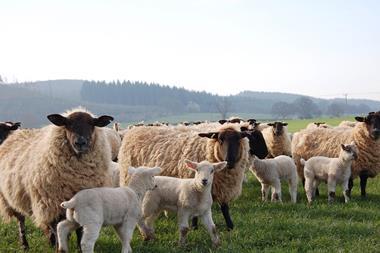
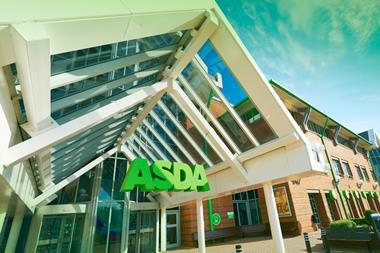
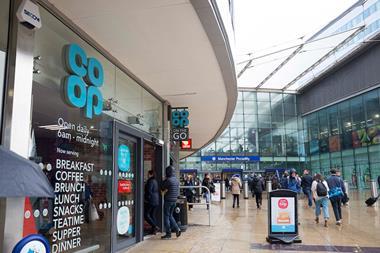
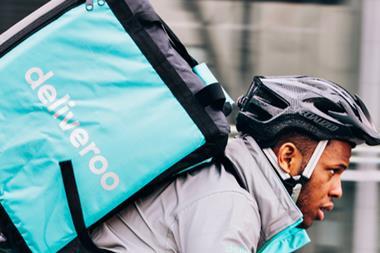
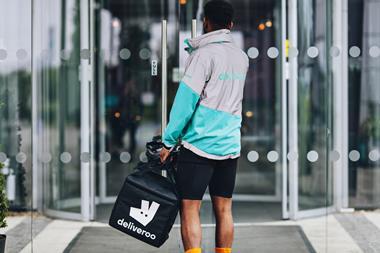
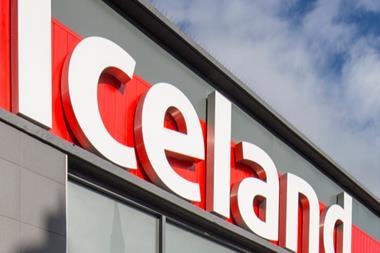


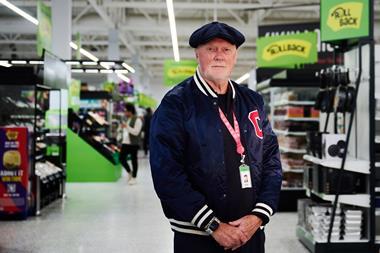



No comments yet